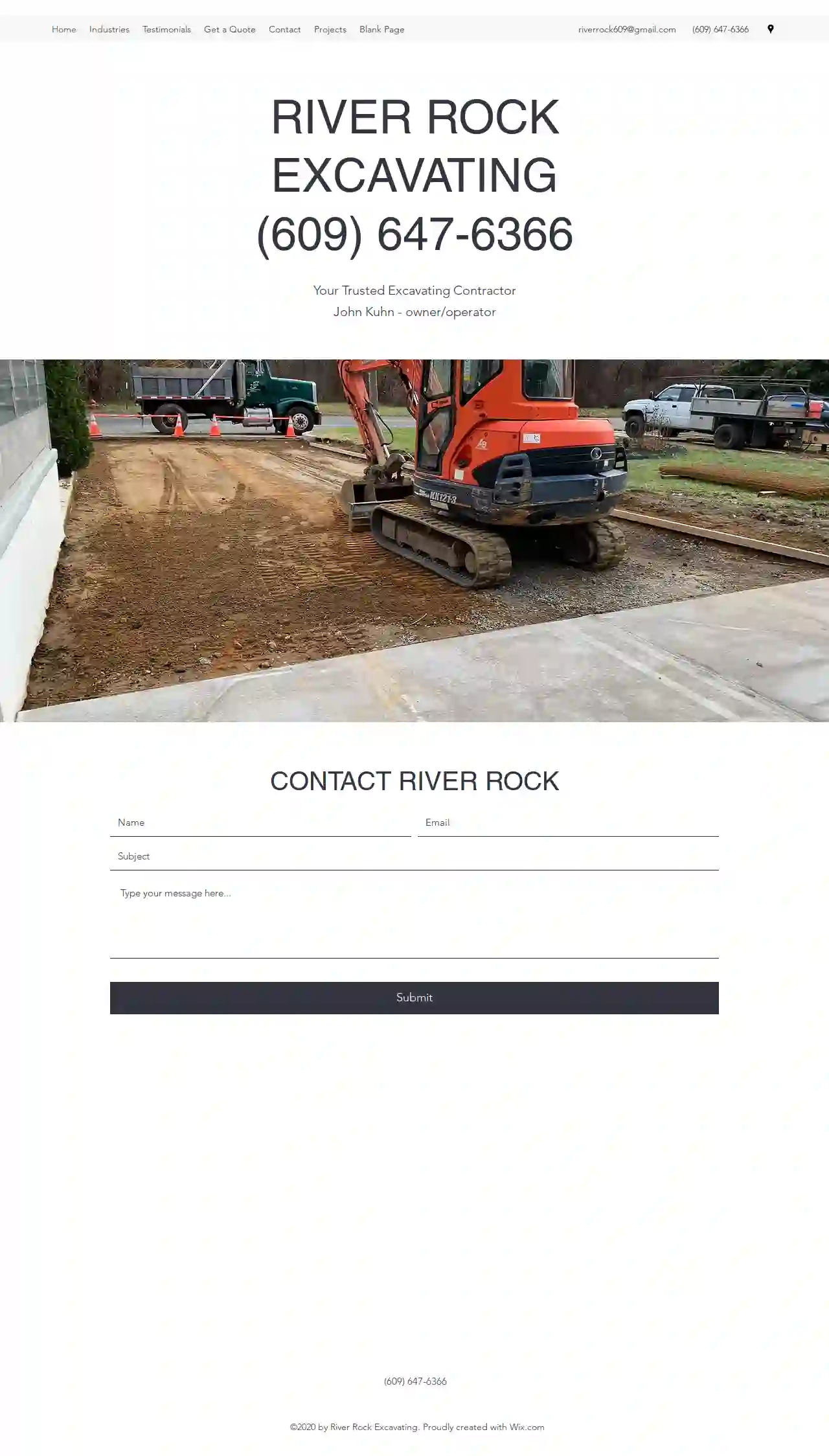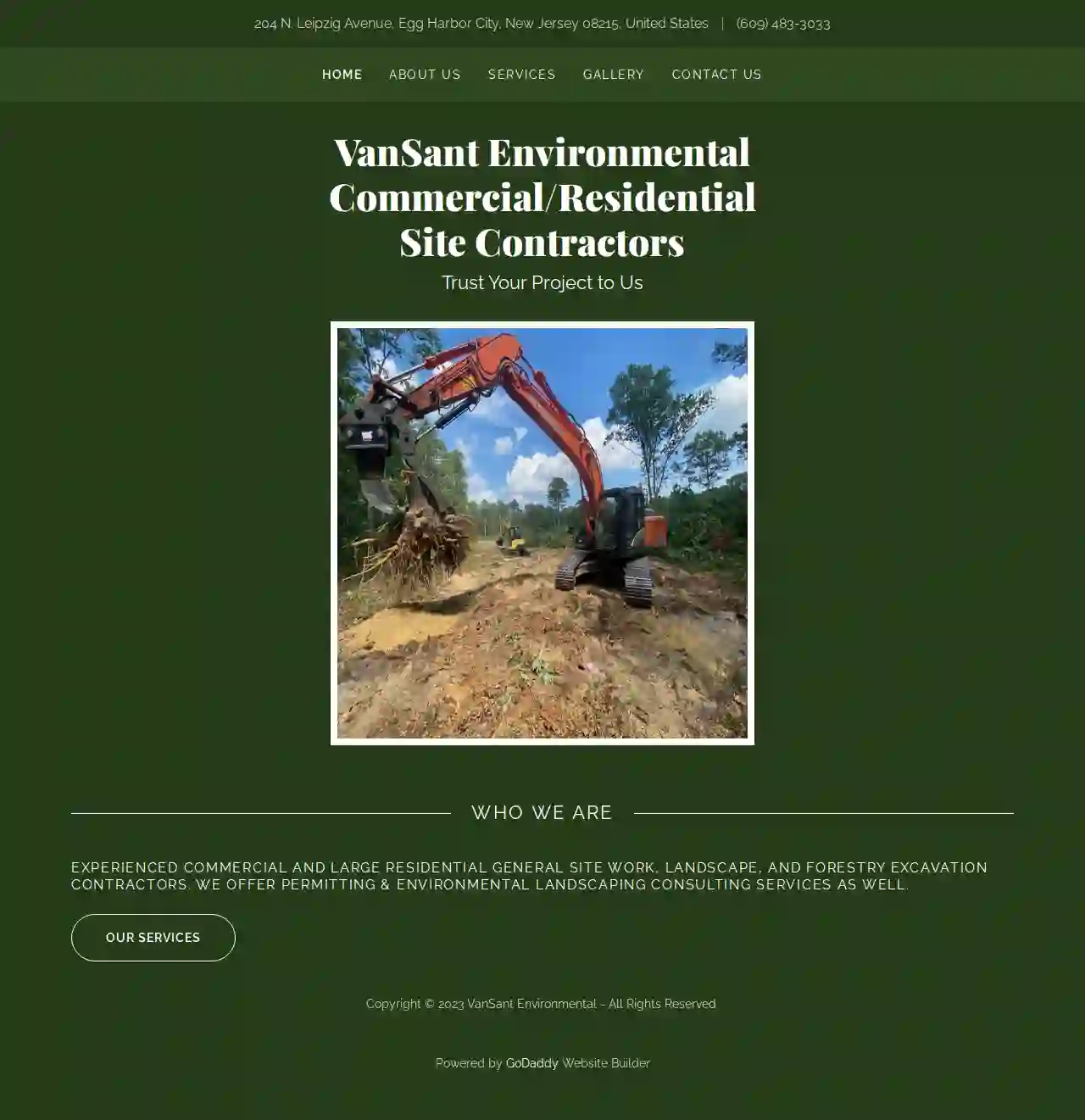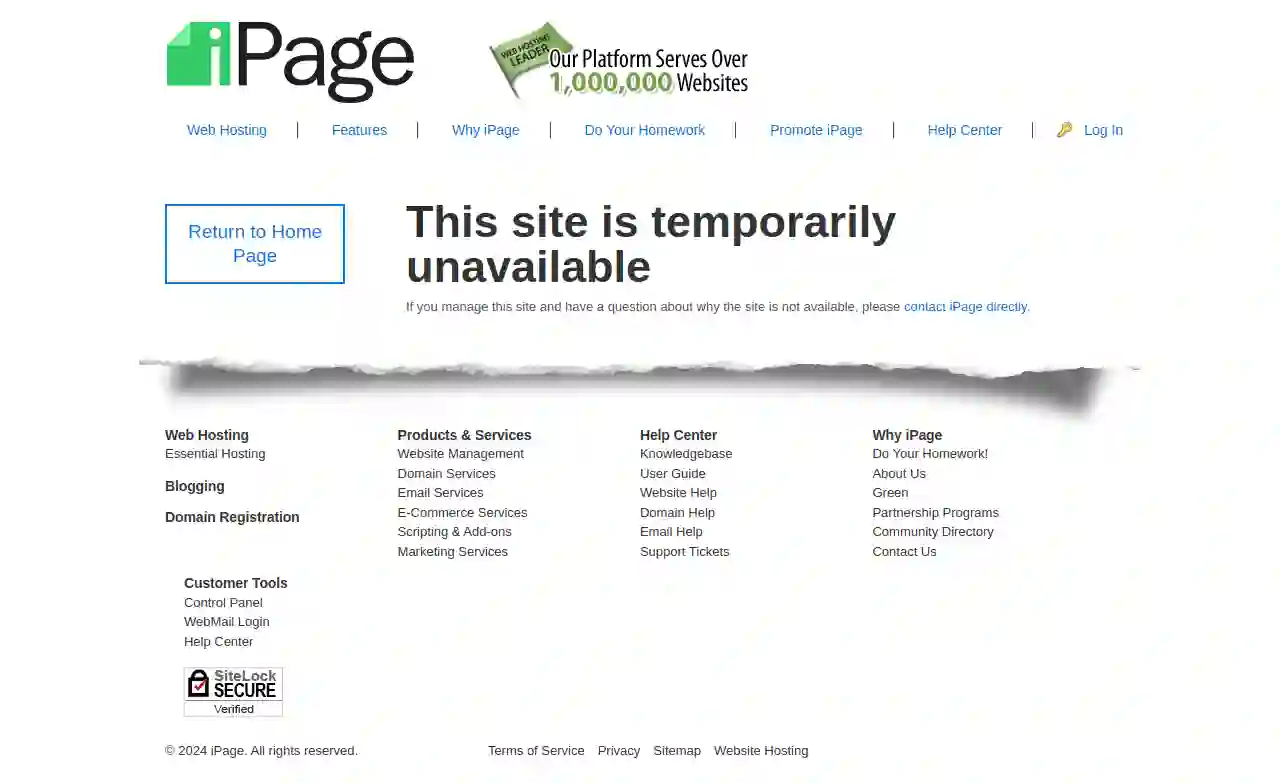Excavation Contractors Toms River
Find Trenching Services in Toms River
Receive multiple Excavation Companies quotes for your project today! Compare profiles, reviews, accreditations, portfolio, etc... and choose the best deal.

River Rock Excavating
53 reviewsAtlantic City, USRiver Rock Excavating Your Trusted Excavating Contractor River Rock Excavating is a family-owned and operated business serving the [CITY] area. We are committed to providing our clients with the highest quality excavating services at competitive prices. We have a team of experienced and qualified professionals who are dedicated to providing you with the best possible service. We are fully insured and bonded, and we are committed to safety and environmental responsibility. We offer a wide range of excavating services, including: Site preparation Grading Demolition Foundation work Utility installation And more! We are proud to serve the [CITY] community and we are committed to providing our clients with the best possible service. Contact us today for a free estimate.
- Services
- Why Us?
- Our Team
- Gallery
Get Quote- Be
Bercot Inc
57 reviewsWayne, US- Services
- Why Us?
Get Quote - St
Stomper Excavation & Equipment Inc
4.17 reviewsAtlantic City, US- Services
- Why Us?
Get Quote - Ed
Edwards Excavation and Forestry Mulching
54 reviewsAtlantic City, US- Services
- Why Us?
Get Quote 
VanSant Environmental Landscaping & Site Work
51 reviews204 North Leipzig Avenue, Galloway, 08215, USWho We Are Experienced Commercial and LARGE Residential General Site work, Landscape, and Forestry EXCAVATION Contractors. We offer permitting & environmental landscaping consulting services as well. Our Team Barry VanSant Barry is the owner and the company's Horticulturist and Landscape Designer/Consultant. He has over 45 years experience in multiple areas of the industry. Samuel VanSant Sam is the company's Project and Construction Manager. He oversees the day-to-day operations and all heavy equipment operations. Adam Wolff Adam is our field engineer. He is a graduate of East Carolina University in construction management and LEED Certified. Frequently Asked Questions Are you insured and licensed? We have all necessary licenses for our area, and we carry insurance for all of our projects. What kind of landscaping do you do? Our specialty is in natural and native plant material and methods that fit the ecology of our area. We proudly support and volunteer for: Team Rubicon USA Volunteer Partner Since Oct. 2016 Habitat For Humanity Volunteer Partner Since Oct. 2016 U.S. Fish and Wildlife Services Volunteer Partner Since Dec. 2018
- Services
- Why Us?
- Our Team
- Gallery
Get Quote
Founders Contracting - Directional Drilling Company
1Wayne, USiPage is a leading provider of web hosting and domain name services for both individuals and businesses. We offer a wide range of hosting plans to suit your needs, from basic shared hosting to powerful VPS and dedicated servers. Our services are designed to help you build and grow your online presence, with features like easy-to-use website builders, one-click installs for popular applications, and 24/7 customer support. We are committed to providing our customers with the best possible experience, and we are constantly innovating to improve our services. We are also proud to be a green company, committed to reducing our environmental impact. We believe in providing our customers with the best possible value, and we offer a variety of affordable hosting plans to fit your budget. We are confident that you will be satisfied with our services, and we encourage you to try us out today.
- Services
- Why Us?
- Gallery
Get Quote- Py
Pyramid Excavating Inc
4.84 reviewsWayne, US- Services
- Why Us?
Get Quote - A&
A&R Drainage Solutions LLC
52 reviewsWayne, US- Services
- Why Us?
Get Quote - Hi
Hill Bros. Excavation
1Atlantic City, US- Services
- Why Us?
Get Quote - Ha
Harry J Cowan Jr LLC
4.47 reviewsAtlantic City, US- Services
- Why Us?
Get Quote
Over 21,512+ Excavation Pros on our directory
Our excavation companies operate in Toms River & surroundings!
ExcavationHQ has curated and vetted the Best Excavation Businesses arround Toms River. Find the most trustworthy pro today.
Frequently Asked Questions About Excavation Contractors
- Spring and Fall: Often considered favorable due to moderate temperatures and drier soil conditions.
- Summer: Can be suitable, but hot weather can make working conditions challenging and might require additional measures (shade, hydration) for workers.
- Winter: Excavation in winter can be more difficult due to frozen ground, snow, and potential delays caused by inclement weather. It might also require specialized equipment or techniques.
- Soil Type and Stability: Stable, cohesive soils allow for deeper excavations than loose or unstable soils.
- Groundwater Level: Excavations below the water table require dewatering techniques to manage water intrusion.
- Equipment and Resources: The size and capabilities of excavation equipment influence the achievable depth.
- Safety Regulations: OSHA and other safety regulations impose limitations on trench depths without proper shoring or sloping.
- Project Requirements: The purpose of the excavation (basement, pool, foundation) determines the necessary depth.
- Trench Collapses: Unstable trench walls can cave in, posing a severe risk to workers. Proper shoring and sloping are crucial safety measures.
- Utility Damage: Striking underground utilities (gas, water, electric) can cause leaks, explosions, or electrocution. Accurate utility locates and careful digging are essential.
- Falling Objects: Materials or equipment falling into excavations can injure workers. Securing work areas and using appropriate safety gear is vital.
- Equipment Accidents: Operating heavy machinery involves risks of rollovers, collisions, or mechanical failures. Trained operators and proper equipment maintenance are critical.
- Environmental Hazards: Excavated soil might contain hazardous materials (asbestos, lead). Proper testing and disposal procedures are necessary.
- Hauling to Designated Disposal Sites: Transporting excavated material to approved landfills or recycling centers.
- Recycling or Reuse: If suitable, some excavated soil might be recycled for other projects or reused on-site for landscaping or backfilling.
- Complying with Regulations: Adhering to local and environmental regulations for soil disposal to prevent contamination or illegal dumping.
What is the best time of year for excavation?
How deep can you excavate?
What are the risks associated with excavation?
How do you handle soil disposal after excavation?
What is the best time of year for excavation?
- Spring and Fall: Often considered favorable due to moderate temperatures and drier soil conditions.
- Summer: Can be suitable, but hot weather can make working conditions challenging and might require additional measures (shade, hydration) for workers.
- Winter: Excavation in winter can be more difficult due to frozen ground, snow, and potential delays caused by inclement weather. It might also require specialized equipment or techniques.
How deep can you excavate?
- Soil Type and Stability: Stable, cohesive soils allow for deeper excavations than loose or unstable soils.
- Groundwater Level: Excavations below the water table require dewatering techniques to manage water intrusion.
- Equipment and Resources: The size and capabilities of excavation equipment influence the achievable depth.
- Safety Regulations: OSHA and other safety regulations impose limitations on trench depths without proper shoring or sloping.
- Project Requirements: The purpose of the excavation (basement, pool, foundation) determines the necessary depth.
What are the risks associated with excavation?
- Trench Collapses: Unstable trench walls can cave in, posing a severe risk to workers. Proper shoring and sloping are crucial safety measures.
- Utility Damage: Striking underground utilities (gas, water, electric) can cause leaks, explosions, or electrocution. Accurate utility locates and careful digging are essential.
- Falling Objects: Materials or equipment falling into excavations can injure workers. Securing work areas and using appropriate safety gear is vital.
- Equipment Accidents: Operating heavy machinery involves risks of rollovers, collisions, or mechanical failures. Trained operators and proper equipment maintenance are critical.
- Environmental Hazards: Excavated soil might contain hazardous materials (asbestos, lead). Proper testing and disposal procedures are necessary.
How do you handle soil disposal after excavation?
- Hauling to Designated Disposal Sites: Transporting excavated material to approved landfills or recycling centers.
- Recycling or Reuse: If suitable, some excavated soil might be recycled for other projects or reused on-site for landscaping or backfilling.
- Complying with Regulations: Adhering to local and environmental regulations for soil disposal to prevent contamination or illegal dumping.